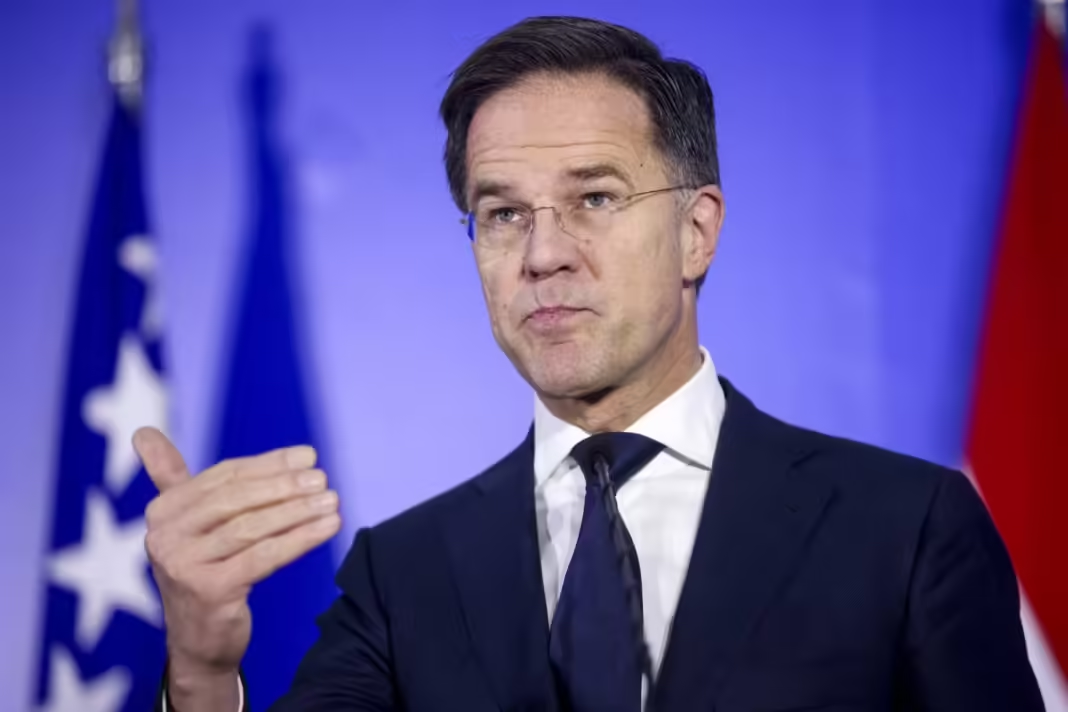The 2024 edition of the joint OECD–WTO Aid for Trade at a Glance report has highlighted significant progress and the challenges ahead. The report, released today, underscores the importance of trade-related capacity building, digital infrastructure, and climate change mitigation for developing economies and least-developed countries (LDCs).
“Aid for Trade remains a critical element of our collective commitment to ensuring that the benefits of trade are shared more widely,” stated Dr. Ngozi Okonjo-Iweala, Director-General of the World Trade Organization (WTO). “Particularly with developing economies and LDCs, trade can be a powerful tool for economic growth and poverty reduction.”
Between 2006 and 2022, over 90 bilateral and multilateral donors contributed a cumulative total of US$ 648 billion to support the integration of developing economies and LDCs into the multilateral trading system. This funding aims to unlock their export potential and strengthen local livelihoods.
“The 2024 joint OECD–WTO monitoring and evaluation exercise provides valuable insights into the progress made since the initiative’s start in 2006 and the challenges ahead,” remarked Mathias Cormann, Secretary-General of the Organisation for Economic Co-operation and Development (OECD). “Targeted interventions in key areas such as infrastructure development, agriculture, and digitalization are essential for building resilient and inclusive economies.”
The report reveals that trade is prominently featured in the national development strategies of developing economies, with 94% of partner country responses indicating that their strategies incorporate trade priorities. Furthermore, economic diversification and structural transformation are identified as strategic priorities by 79% of the respondents.
“In a rapidly changing landscape of global trade and development cooperation, greater efforts are required to help developing economies and LDCs benefit from emerging trade opportunities from the digital and green transition,” emphasized the report.
The expansion of the agriculture sector ranks high among national development strategies, cited by 80% of partner country responses as crucial for economic and export diversification. Additionally, services exports are a significant trade objective for 76% of the respondents.
“Trade can help connect communities, grow livelihood opportunities, and harness social investments to unlock economic growth,” explained the report, highlighting the Enhanced Integrated Framework (EIF) as an example of successful trade mainstreaming in LDCs.
However, the report also stresses the need for innovative financing mechanisms to address new challenges and finance trade-related needs. Traditional forms of development finance are under stress, calling for new models and fresh approaches.
“Innovative financing mechanisms are needed to address new challenges and finance trade-related needs,” the report states. “This means engaging a broader array of actors, including the private sector, and leveraging sustainable finance and blended finance mechanisms.”
As the global community navigates post-pandemic recovery amidst geopolitical tensions and climate change, trade remains a vital tool for advancing global development. The Aid for Trade initiative, through its targeted support and innovative approaches, continues to play a crucial role in ensuring that no country is left behind in the global trading system.
“By investing in Aid for Trade, we can unlock new opportunities for growth, create jobs, and promote inclusive development,” concluded Dr. Okonjo-Iweala. “Together, we can work towards a more inclusive and sustainable multilateral trading system, where all countries and all people have the opportunity to thrive.”




